Play Based Learning in Primary School
Play Based Learning in Primary School: If there is one thing that all kids love, it is a game. Preferences may vary widely for different children, but a sure fire way to capture a child’s attention is through play and games. While some children prefer board games, others prefer active games. Some children revel in games that require imagination, while others most love games which require strategy. None the less, games and play are the perfect way to capture the imaginations of children. This being said, play based learning primary schools are an ideal setting for young children ripe for discovery.
In play based learning primary schools, the goals and objectives which are set for children are met through a variety of games, which serve to wholly engage the children in their learning. These games can vary widely from a preschool age, up to more advanced primary students. In a preschool aged room, teachers may be playing counting games, or alphabet games. Again, play based learning is not limited to our very youngest pupils. Wise teachers of upper elementary students embrace play and games as an effective learning strategy for their students as well. For example, if a teacher wants to teach dictionary skills, she could use a dictionary detective game to make her teaching point. Children participating in a dictionary detective game are much more likely to learn and retain the desired skills that children attempting to learn through worksheets or rote memorization. By introducing play into the concept, children are driven to do their personal bests because of their innate spirit of competition and fun.
Math games are an important component of play based learning primary schools. Since students learn in a variety of ways, it is important that they be taught by a variety of methods. There is much brain research that supports the delivery of a message in a variety of ways for students, as their ideal learning styles vary. While many students are auditory learners, others learn bests visually, and for young students especially, many learn best by kinesthetic, or hands-on, experiences. Playing math games will engage students who learn in all these manners. Students will likely hear their teacher explain the rules and objective of the game, watch a demonstration of it, and then engage in hands-on exploration of the game themselves. Math games can run the gamut from the simplest concepts, like one to one matching and counting, to more advanced concepts. Through examination of math games in a play based primary classroom, students get the chance to thoroughly explore mathematical concepts at their own pace, and in their own manner.
Manipulatives are another important component of play based learning primary schools. By exposing children to materials that they are encouraged to manipulate and explore, self-discovery will skyrocket. Children can develop true understanding of concepts when they have the time and the means to tackle them by their own devices. Put out a set of pattern blocks, and see what discoveries can be made about how shapes fit together. Going back to that dictionary detective game, give a pair kids a dictionary and let them “play detective” together.
If learning is made fun for kids, they will not only enjoy themselves and be more motivated, they will retain more because of the true and deep understanding they will develop of concepts.

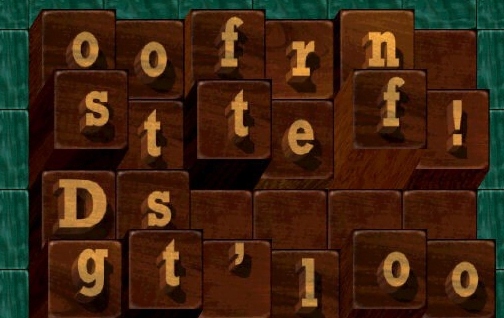

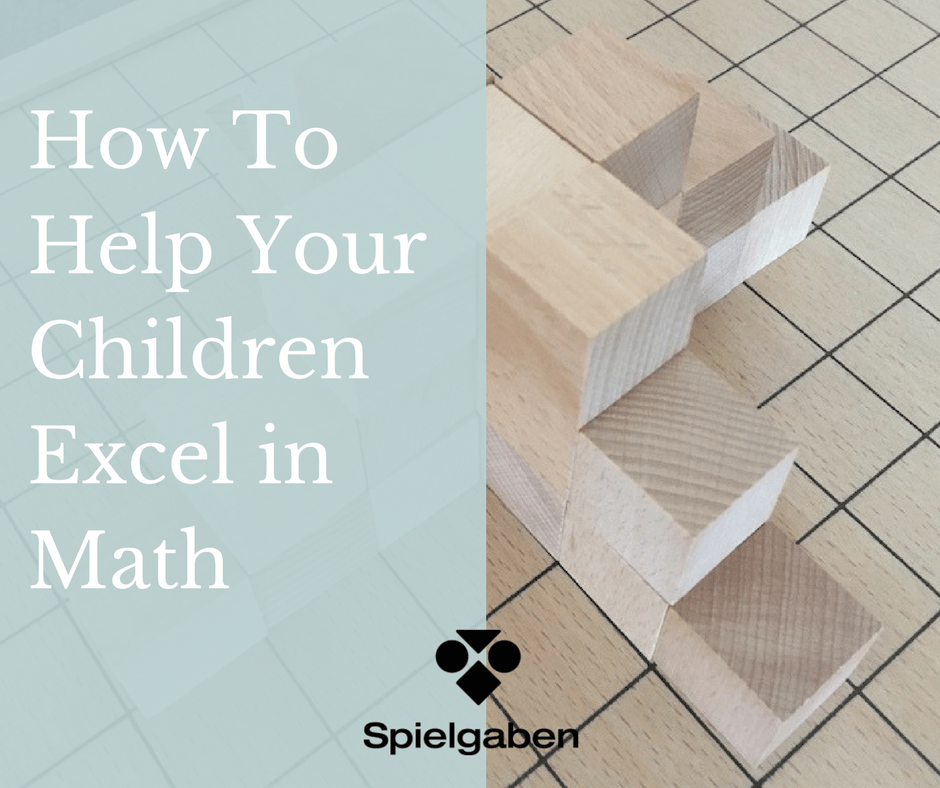
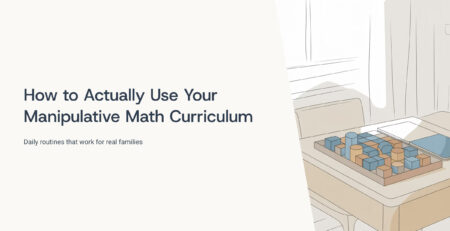
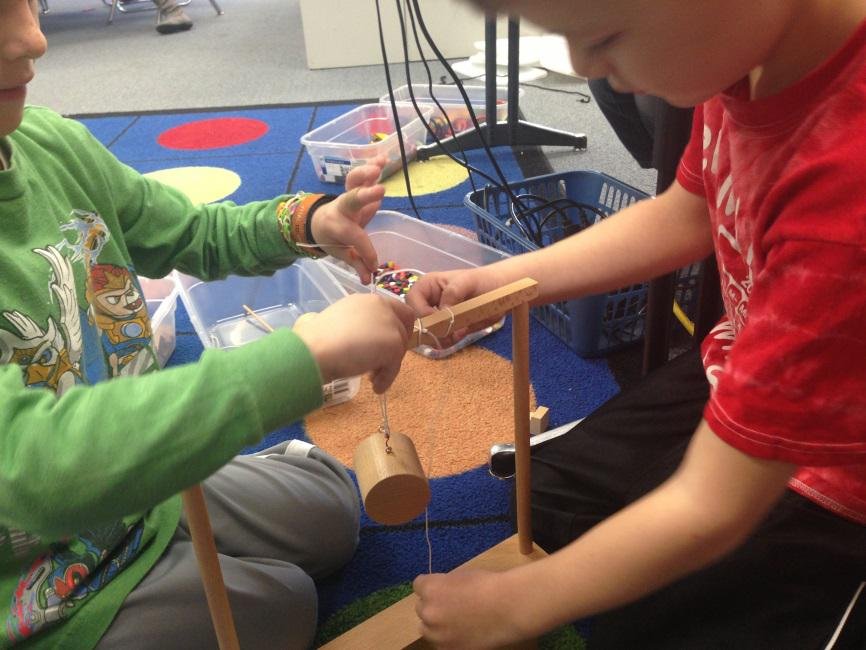
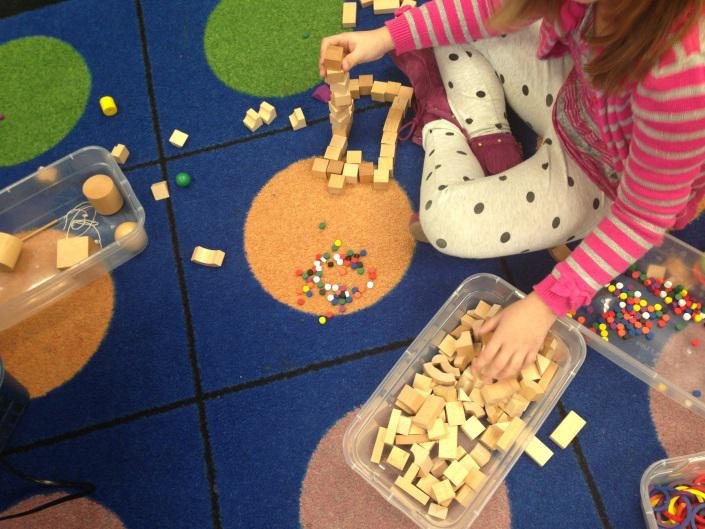
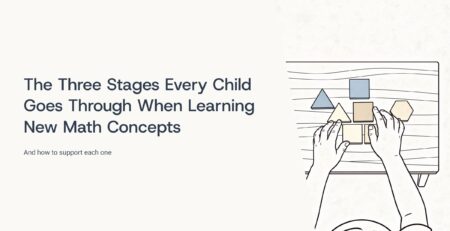





LEAVE A COMMENT